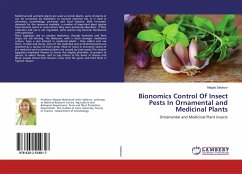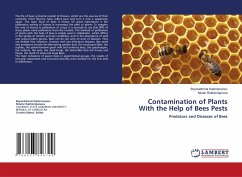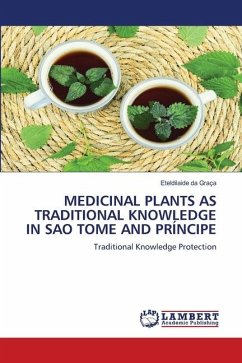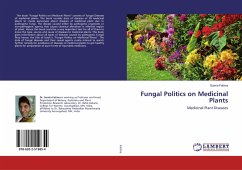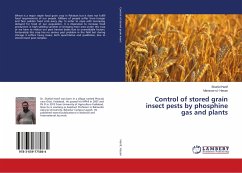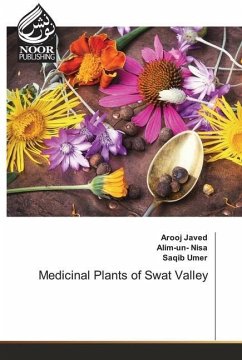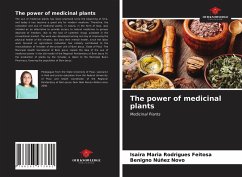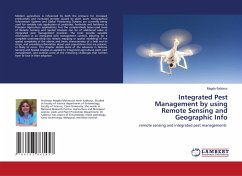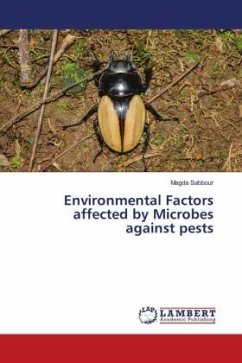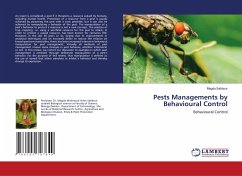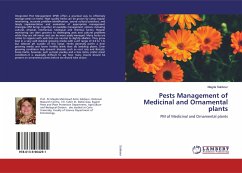
Pests Management of Medicinal and Ornamental plants
PM of Medicinal and Ornamental plants
Versandkostenfrei!
Versandfertig in 6-10 Tagen
47,99 €
inkl. MwSt.

PAYBACK Punkte
24 °P sammeln!
Integrated Pest Management (IPM) offers a practical way to effectively manage pests on herbs. High quality herbs can be grown by using regular monitoring, accurate problem identification, sound cultural practices, and timely implementation and evaluation of appropriate management strategies IPM brings together all available management options including cultural, physical, mechanical, biological and chemical tactics. Regular monitoring can alert growers to developing pest and cultural problems while they are still minor and can be more easily managed. Many herbs are native to regions with soils...
Integrated Pest Management (IPM) offers a practical way to effectively manage pests on herbs. High quality herbs can be grown by using regular monitoring, accurate problem identification, sound cultural practices, and timely implementation and evaluation of appropriate management strategies IPM brings together all available management options including cultural, physical, mechanical, biological and chemical tactics. Regular monitoring can alert growers to developing pest and cultural problems while they are still minor and can be more easily managed. Many herbs are native to regions with soils that are neutral to slightly alkaline. They grow best in a very well drained growing media with a pH range of 6.0 to 7.0, but tolerate pH outside of this range. Herbs generally prefer a drier growing media and lower fertility levels than do bedding plants. Drier growing conditions help prevent diseases such as root rots and Botrytis. Some herbs, however, such as basil, parsley and a few mints, prefer moist conditions.It is especially difficult to say how many insects should be present on ornamental plants before we should take action.



